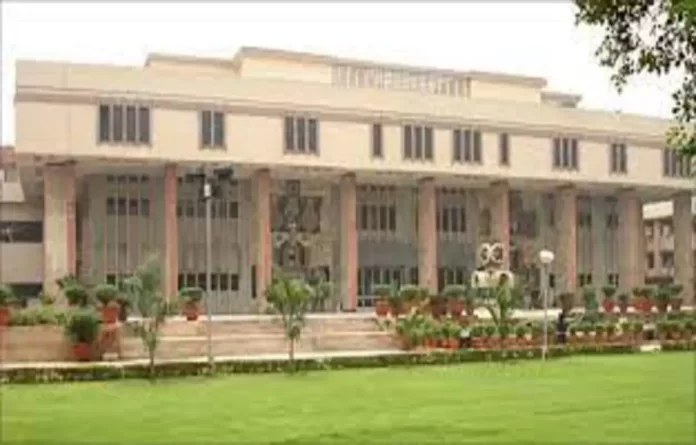The Delhi High Court ruled that a foreign national cannot claim the right to reside or settle in India under Article 19(1)(e) of the Constitution. A Division Bench of Justice Suresh Kumar Kait and Justice Manoj Jain observed that the fundamental rights of foreigners or a suspected foreigner is limited to right to life and liberty as declared under Article 21 of the Constitution of India.
The High Court further added that the fundamental right of any such foreigner or suspected foreigner is limited to the one declared under Article 21 of the Constitution of India, that is Fundamental Right for life and liberty.
Reportedly, the Division Bench also referred to the 1955 judgement of the Supreme Court in the case of Hans Muller of Nurenburg v Superintendent, Presidency Jail, Calcutta. In the aforesaid case, the top court had observed that the power of the Government of India to expel foreigners is absolute and unlimited and there is no provision in the Constitution fettering such discretion.
Hence, the Delhi High Court rejected the habeas corpus plea filed by the family of suspected Bangladeshi national, Azal Chakma who was apprehended at the Indira Gandhi International Airport (IGI Airport) in Delhi in October 2022.
Reports stated that the Bangladeshi national had earlier travelled to India on Bangladeshi passport but later obtained Indian documents including passport fraudulently. Later, the Indian authorities revoked the passport.
The High Court was informed that Azal Chakma’s movement have been restricted under Section 3 (2) (e) of the Foreigners Act of 1946 read with Section 11 (2) of the Foreigners Order of 1948. The Court was also told that the High Commission of Bangladesh had already issued travel permit documents for Chakma’s repatriation and he would be deported as soon as the authorities get confirmed air-ticket for him from the Embassy of Bangladesh.
The High Court concluded that there was nothing to indicate Chakma is in illegal detention and that only he can be blamed for his miseries since he failed to explain how he came to India after he had left the country on a Bangladeshi passport. Subsequently, the Court dismissed the petition.


